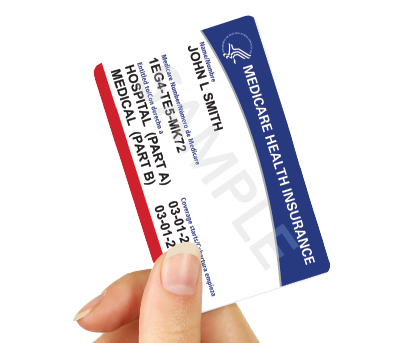
Authorities ask seniors to avoid sharing their personal information by phone
Again, seniors are being scammed by criminals who pretend to be Medicare workers for personal information, Los Angeles County Prosecutor Jackie Lacey reported this week.
Medicare, the national health insurance program in the United States, is available to all citizens or permanent legal residents of the United States who are 65 or older.
Ashley Rosen, a Los Angeles County attorney, said seniors should be extremely cautious when providing personal information over the phone.
"In these scams, criminals call or send emails to seniors offering services such as braces," he said in a statement.
At that time, it is when scammers request Social Security numbers, bank account details and other information, he added.
"Once they get what they want they use that information to steal money or even the identity of the person," said lawyer Rosen.
The Federal Communications Commission (FCC) reported that since the beginning of the year Medicare began to stop using the Social Security numbers of its beneficiaries as identification numbers for its account.
Now beneficiaries have new cards with unique 11-digit account numbers, ending the previous dependency on Social Security numbers.
The transition to new cards and numbers is ongoing and is scheduled to be completed in December 2019.
How to protect yourself?
The National Aging Council (NCOA) reported that financial scams targeting older people have become more frequent due to the mentality of criminals, who believe that older people have a lot of money saved.
In addition, these financial scams are often not reported or can be difficult to prosecute, so they are considered a “low risk” crime.
However, for older adults it can be devastating as they remain in a very vulnerable position when trying to recover their losses.
The telephone scams of the alleged agent of Medicare or some health insurance, occupies the first place in scams for the elderly. They are followed by the sale of counterfeit prescription drugs and funeral services.
Attorney Rosen said that to prevent these scams, the first thing to do if you receive this type of call is to hang up and avoid sharing personal or financial information on unsolicited calls.
Then call your insurance company or Medicare if you have questions about the status of your additional benefits or services that the supposed Medicare employee offers you.
And don't forget to report suspected health care scams to the Federal Trade Commission at 877-FTC-HELP or ftc.gov/complaint.








